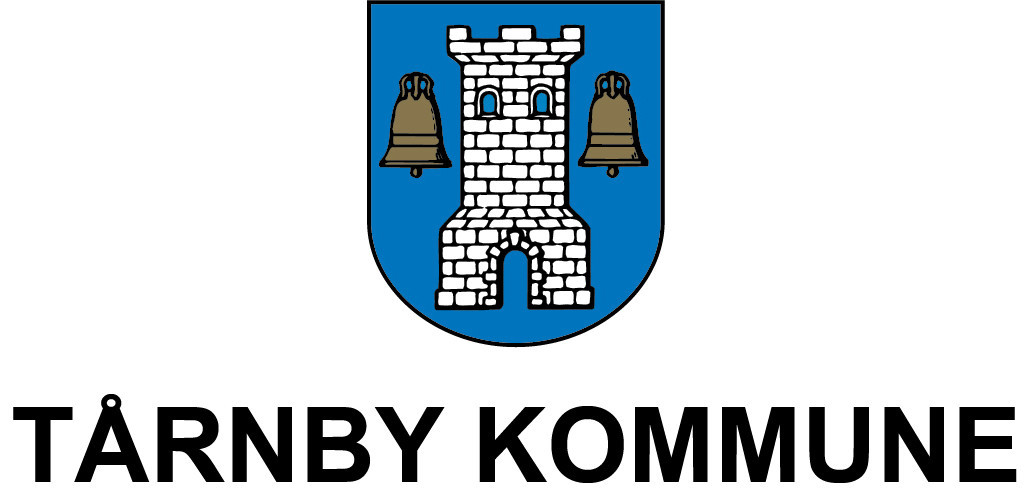Health insurance in Sweden
The Swedish health insurance ("sjukförsäkring") pays for treatment for anyone working or living in Sweden. However, you must pay a small part of the cost yourself, the so-called patient charge.
This information is for EU/EEA citizens only
The extent of health insurance
You can get assistance with:
- medical treatment
- other treatment, for example, physiotherapy
- hospital treatment
- medicine
- dental care
- patient transport
In many workplaces, employees are also covered by collective insurance that provides additional protection. You can also choose to take out private personal insurance, either alone or as part of a group.
Patient charges and high cost protection (Högkostnadsskydd)
A patient fee is charges with every appointment or hospitalization in the public healthcare system in Sweden, and this fee can vary depending on which region of Sweden it takes place in.
However, there is an upper limit of 1.450 SEK (2025) over a 12 month period and if exceeded you are entitled to free treatment for the rest of the period. The maximum limit is called "high-cost protection" (högkostnadsskydd).
Note that high-cost protection as described above does not apply for dental care.
Subsidy funding for medical aids
All people who work in Sweden are also entitled to high-cost protection when it comes to medicine. It is a system similar to the Danish system of discounts and a maximum limit on how much an individual has to pay. In Sweden, the maximum is 2.900 SEK (2025) per year.
High-cost protection applies to most prescription drugs and assistive aids such as birth control pills, aids for ostomy, etc.
When you buy prescription medicines, you get a card that the chemist records all purchases on. This ensures that you get the right discount every time.
Did you find this information relevant?
Do you want to elaborate?
We can help you
You can always visit our Information Center in Malmø to get help with your questions regarding working, moving or studying in Sweden.











